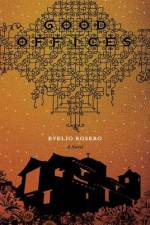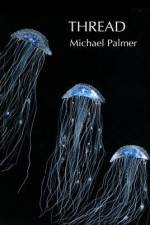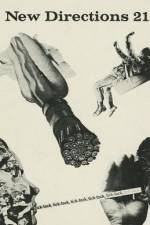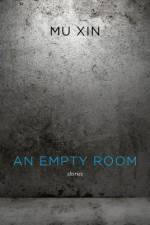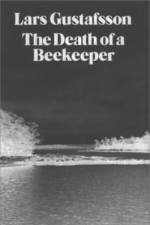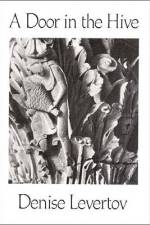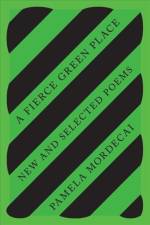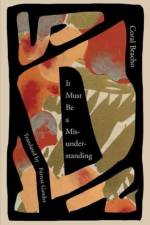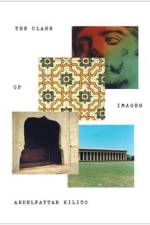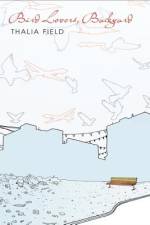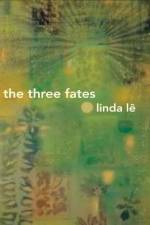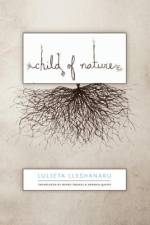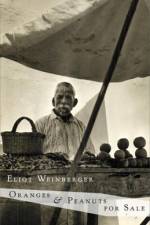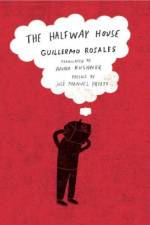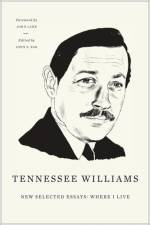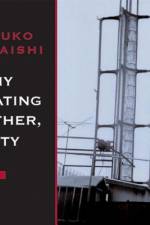av Jeffrey Yang
197
The year 2011 marks the seventy-fifth anniversary of New Directions, and what better way to celebrate than to dive into the diversity of its poets reveling in the wonders and joys of nature. Arranged chronologically by each poet's birth, Birds, Beasts, and Seas showcases the work of over one hundred and twenty poets from the U.S. and abroad, culled from the New Directions library. Beginning with ancient Chinese, Greek, Roman, Inuit, Japanese, Indian, and Persian poets, then dipping into the Troubadours and the Renaissance, the collection gradually blossoms into a constellation of poets from the nineteenth and twentieth centuries, and into our present. Sappho, Neruda, Baudelaire, Rimbaud, and Lorca mix with Anne Carson, Inger Christensen, Coral Bracho, and Gu Cheng. Poems cross cultures, link, and converse in paeans to nature and its elegies; in nature's dangers, mutabilities, and sanctuary; in its myths and scientific revelations. Also highlighted are translations by such luminaries as Samuel Beckett, John Dos Passos, T. S. Eliot, and Robert Lowell. Hidden jewels of nature await your discovery.

